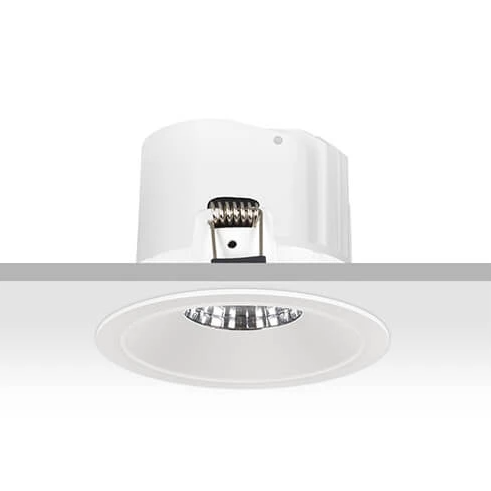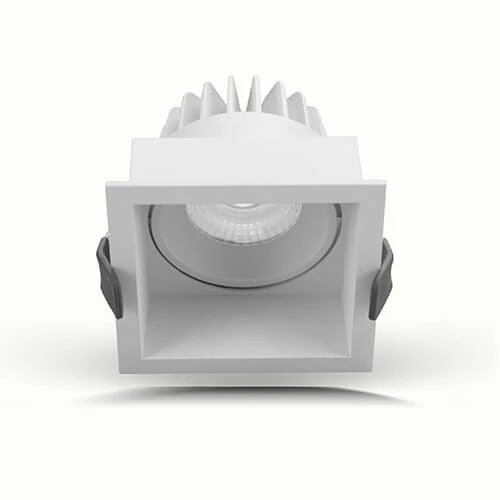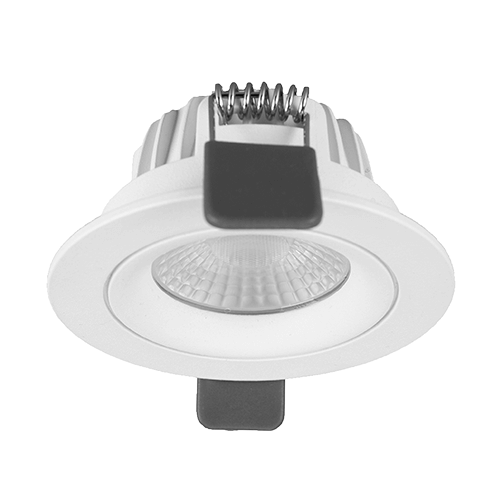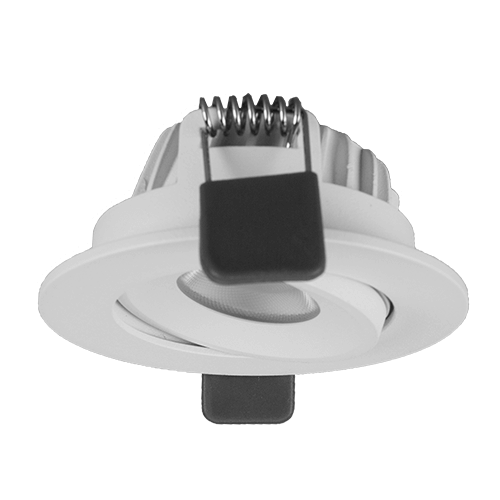LED lights have gained popularity for their energy efficiency and long lifespan. However, it's important to consider the potential consequences of leaving LED lights on for extended periods. While LEDs are designed to be safe and reliable, there are certain factors that can lead to adverse effects. This article discusses the various outcomes of keeping LED lights on for too long.
Constantly leaving LED lights on can significantly diminish their lifespan. Unlike traditional bulbs, LEDs don't burn out quickly but rather become less bright over time. Overheating is one of the main reasons for early LED failure. Continuous operation may cause excessive heat buildup, leading to the degradation of internal components and eventually reducing the overall lifespan of the LED lights.
Leaving LED lights on unnecessarily for extended periods adds to your energy consumption and increases electricity costs. While LEDs are energy-efficient compared to conventional bulbs, keeping them on when not needed can still impact your energy bill. It is advisable to turn off LED lights when leaving a room or no longer requiring illumination.
Prolonged use of LEDs can result in color shift and flickering. Color shift occurs when the LED's color output changes over time, leading to inconsistencies in the lighting appearance. Flickering refers to the rapid and repeated dimming or flashing of the LED lights, which can be irritating or even cause discomfort to some individuals. Both color shift and flickering can occur due to prolonged operation and excessive heat buildup.
The blue light emitted by LED lights can disrupt the body's natural sleep-wake cycle. Exposure to blue light, especially in the evening or at night, suppresses the production of melatonin - the hormone that regulates sleep. Keeping LED lights on for too long, especially in bedrooms or before bedtime, can interfere with your sleep quality and overall health. It is recommended to dim or turn off LED lights in the evening to promote better sleep.
While LEDs are significantly more eco-friendly than conventional light bulbs, keeping them on unnecessarily for extended periods can still contribute to environmental impact. Electricity generation involves the burning of fossil fuels, which release greenhouse gases and contribute to climate change. By turning off LED lights when not needed, you can help reduce energy consumption and minimize your carbon footprint.
Leaving LED lights on for extended periods can have various consequences, including reduced lifespan, increased energy consumption, color shift, flickering, disturbed sleep patterns, and environmental impact. It is important to be mindful of the potential effects and practice responsible use of LED lighting to maximize their benefits while minimizing any drawbacks.
 Enhancing Outdoor Lighting with IP65 Rec
Enhancing Outdoor Lighting with IP65 Rec
 Engineering Illuminated: Recessed Downli
Engineering Illuminated: Recessed Downli
 How do recessed down lights improve ligh
How do recessed down lights improve ligh
 Can recessed downlights enhance architec
Can recessed downlights enhance architec